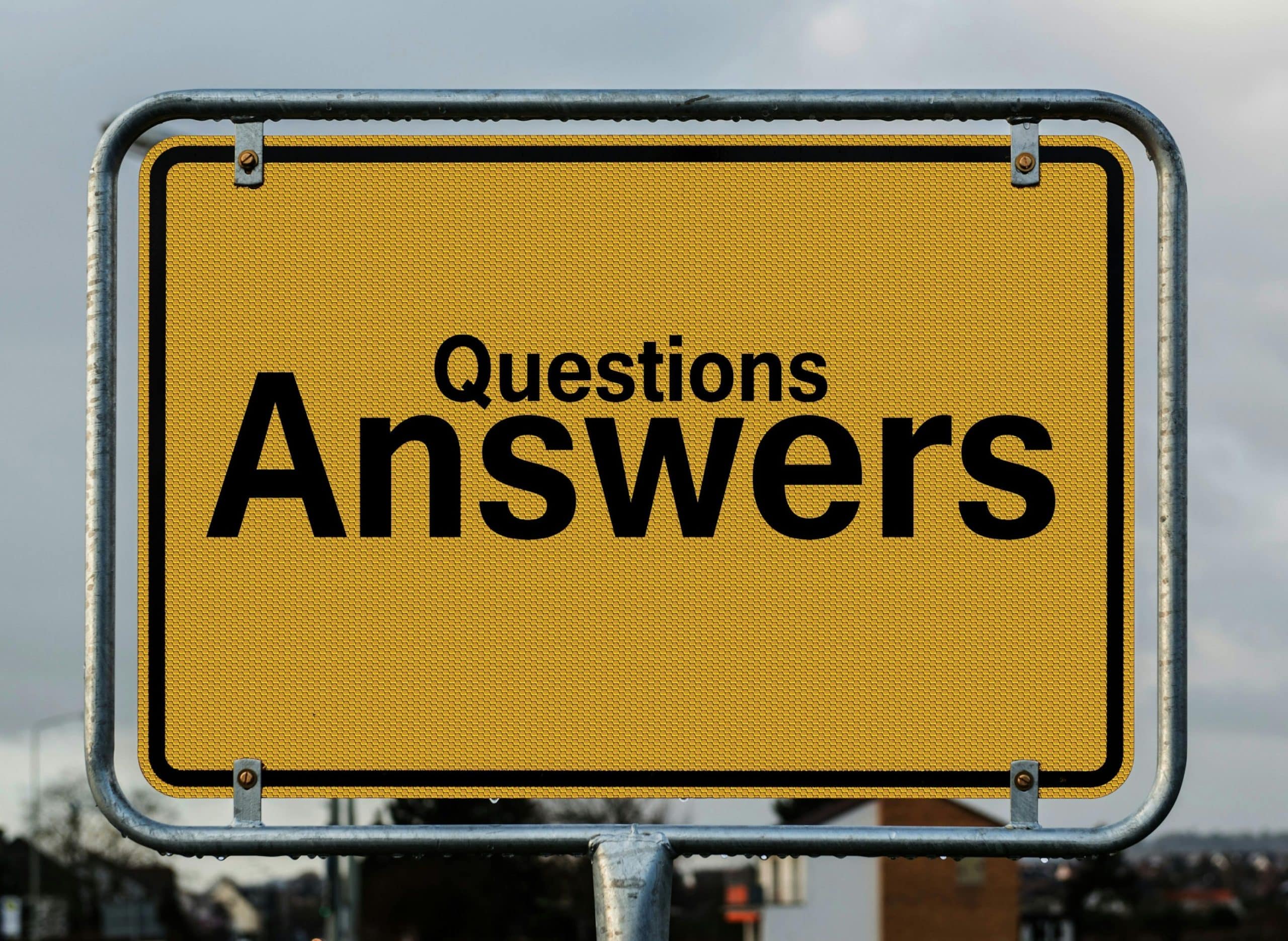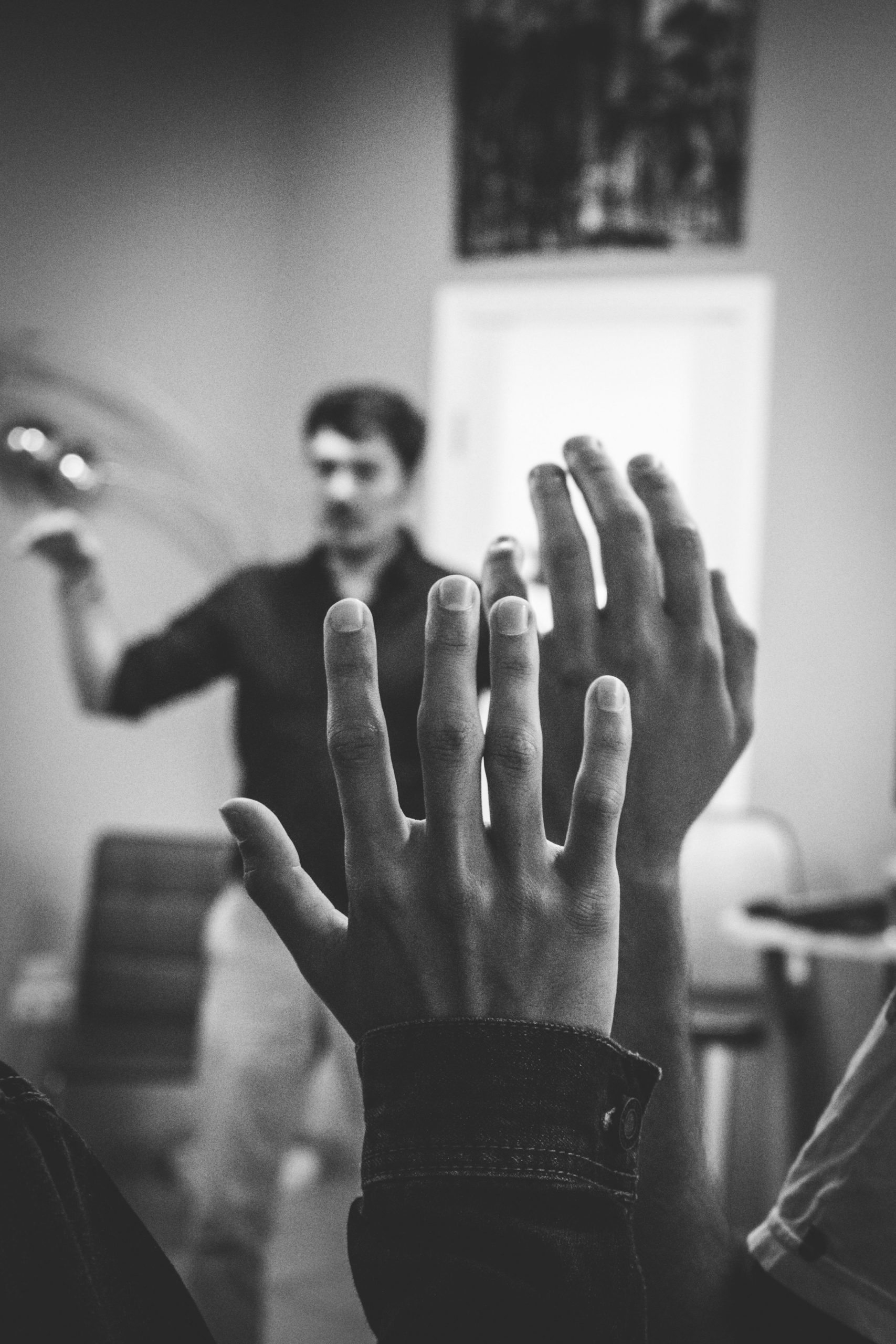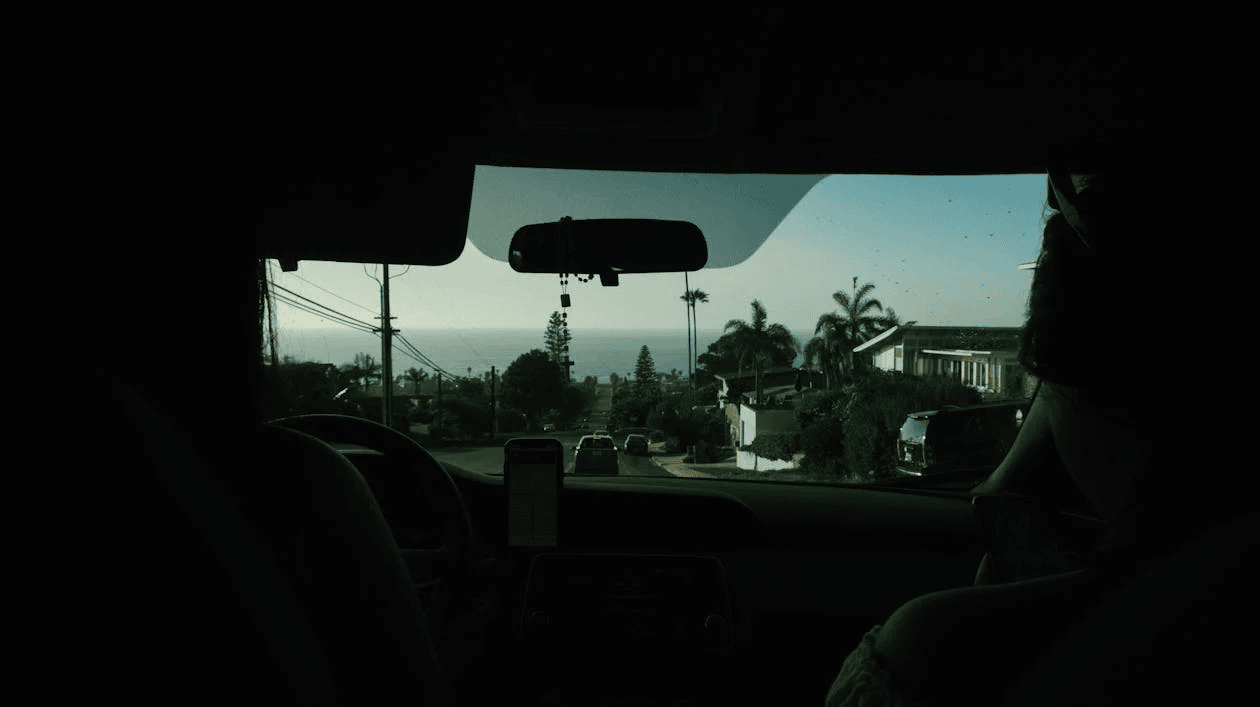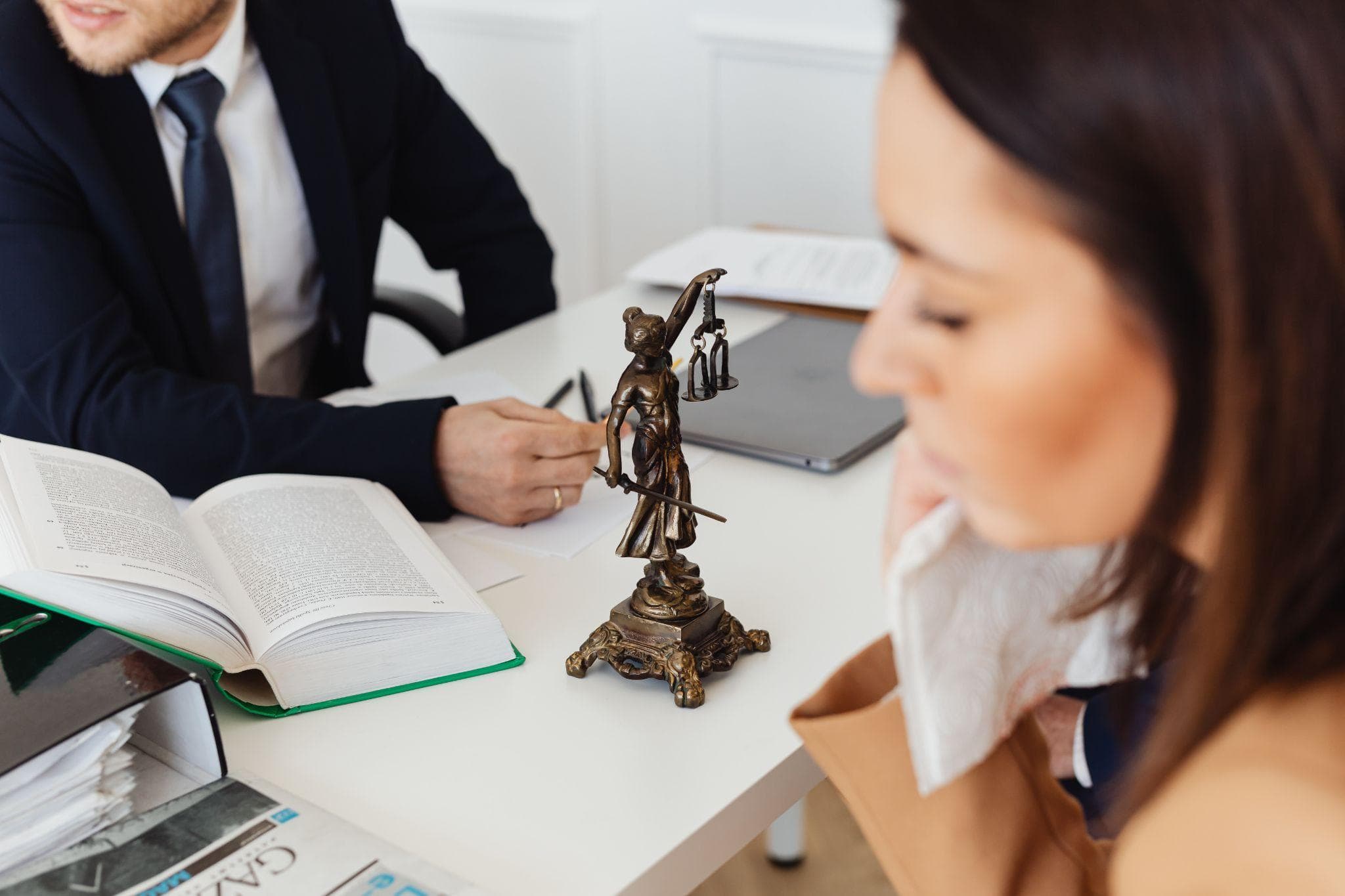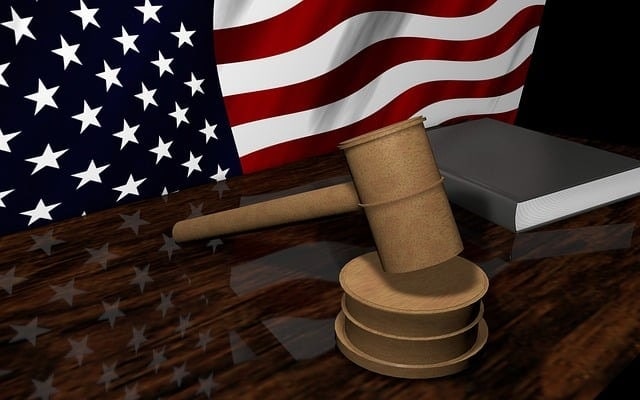
If someone trips and falls on your property in California, resulting in a slip and fall accident there, can they sue you? This question often arises in legal discussions surrounding premises liability.
Whether you own a residential home, a business property, or any other type of premises, understanding your responsibilities and potential liabilities is important.
The alleged victims might want to recover compensation for fall injuries or even a head injury in more severe cases. This means you need professional help from a fall lawyer, ideally with a no obligation consultation. Such legal services can guide you regarding such cases.
Understanding Premises Liability
Premises liability refers to the legal responsibility of property owners to maintain safe conditions on their property. This applies to both a residential property and commercial properties.
When someone suffers an injury due to unsafe conditions on your property, they may hold you liable for their damages through a premises liability claim. Premises liability often involves proving the property owner’s negligence.

Common Scenarios Leading to Slip and Fall Accidents
Trips and falls can happen due to various unsafe conditions on a property, leading to trip and fall accidents, including:
- Uneven or cracked sidewalks
- Wet or slippery floors
- Inadequate lighting
- Obstacles or debris in walkways
- Unmarked steps or changes in elevation
- Broken or missing handrails
- Loose flooring or carpets
These conditions can occur in residential areas, business premises, or any place where people are invited or expected to be. In some cases, it can also be because of someone else’s negligence leading to medical costs and financial loss.

When Can Someone Sue You for Tripping on Your Property?
The ability to sue for a tripping accident on your property hinges on several factors, primarily whether successful claim that the property owner’s negligence contributed to the accident. Here are key points to consider:
Duty of Care:
As a property owner, you owe a duty of care to people who are lawfully on your property. This includes guests, customers, and in some cases, even trespassers under certain circumstances.
Negligence:
A successful premises liability claim generally requires proving that the property owner was negligent. Negligence in this context means failing to exercise reasonable care in maintaining the property, which led to the hazardous or dangerous condition causing the accident.
Proximate Cause:
The hazardous condition must be proven to have directly caused the accident and subsequent serious injuries.
Damages:
The injured party must have suffered actual damages, such as medical expenses, lost wages, pain and suffering suffered injuries, or a fall injury as a result of the accident.

Legal Considerations for Property Owner’s Negligence
As a property or business owner in California, it’s essential to be aware of your legal responsibilities:
Regular Maintenance:
Regularly inspect your property for potential hazards and promptly address any unsafe conditions.
Warning Signs:
Use warning signs or barriers to alert visitors to known hazards until they can be fixed.
Guest Safety:
Take reasonable steps to ensure the safety of guests and visitors. This may include repairing defects, cleaning spills promptly, and ensuring adequate lighting. Failing to address hazards can make the property owner responsible for any resulting injuries.
Homeowner’s Insurance and Premises Liability Coverage
Homeowner’s insurance typically includes liability coverage that can protect you if someone is injured on your property and sues you. This coverage may help pay for legal fees, medical expenses of the injured party, and other related costs.
It’s advisable to review your insurance policy to understand your coverage limits and exclusions. The insurance company can help cover legal fees and medical expenses.

Steps to Take After a Tripping Accident to Cover Medical Expenses
If someone trips and falls on your property, consider these steps:
Assess the Situation:
Check on the injured person and assess their condition. If necessary, call for medical assistance immediately. Be prepared to cover any immediate medical bills.
Document the Scene:
Take photographs of the area where the accident occurred, focusing on any contributing factors like uneven surfaces or poor lighting.
Witness Statements:
Obtain contact information and statements from any witnesses who saw the accident.
Incident Report:
If the accident happens in a business setting, file an incident report with your company or property management. This documents the incident for potential insurance and legal purposes.
Consult with a Lawyer:
Seek advice from a qualified personal injury lawyer who specializes in premises liability cases. They can help evaluate your potential premises liability case and guide you through the legal process.
Potential Defenses Against Liability Claims
Property owners facing a premises liability insurance claim may use various defenses to protect themselves, including:
Assumption of Risk:
The visitor knew about the hazardous condition and chose to encounter it anyway.
Comparative Negligence:
The injured person’s own fault or negligence contributed to the accident.
Lack of Notice:
The property owner did not know about the hazardous condition and had no reasonable opportunity to address it.
Similar defenses can be used if the accident occurred on either someone’s property someone else’s property.
Laws and Policies
In California, premises liability laws dictate that property owners have a duty of care towards individuals lawfully on their property, including guests and customers. This duty requires maintaining safe conditions and promptly addressing any hazards that could foreseeably cause harm.
Property owners may be held liable for injuries resulting from negligence in property maintenance, such as failing to repair broken steps or failing to warn of slippery surfaces.
Homeowner’s insurance often includes liability coverage to protect against claims arising from injuries on the property.
It’s crucial for property owners to understand these laws to mitigate risks, ensure visitor safety, and avoid potential legal disputes.
These laws apply to both commercial and residential private property. Seeking advice from a qualified personal injury lawyer can provide guidance on navigating these complex laws and ensuring compliance with legal obligations.
How An Attorney Can Help You
An experienced attorney specializing in premises liability can be instrumental in navigating the complexities of legal claims related to injuries on your property.
They can assess the circumstances surrounding the accident, gather evidence such as witness statements and expert opinions, and evaluate your potential liability.
Attorneys can negotiate with insurance companies on your behalf to ensure you receive fair compensation or defend you against exaggerated claims.
Moreover, they provide invaluable legal guidance throughout the entire process, from filing necessary paperwork to representing you in court if litigation becomes necessary.
Their expertise not only protects your rights but also ensures compliance with state laws and helps achieve a favorable outcome in your case. An attorney can also help you manage a slip and fall case, including proving negligence and establishing the property owner’s duty of care.

Wrapping It Up
Property owners in California can indeed be sued if someone trips and falls on their property due to unsafe conditions. Understanding your legal obligations as a property owner is crucial to minimizing risks and ensuring the safety of visitors.
If you’re facing a premises liability claim or seeking guidance on your responsibilities, consulting with a knowledgeable personal injury lawyer is advisable.
They can provide personalized advice based on your circumstances and help protect your rights throughout the legal process.
Remember, proactive maintenance and prompt action to address potential hazards not only reduce the risk of accidents but also demonstrate your commitment to providing a safe environment for everyone on your property.
Business owners, in particular, have a higher standard of care due to increased foot traffic. By staying informed and prepared, you can effectively handle the complexities of premises liability law in California.
Explore Your Legal Options Today with BLG
Ready to protect your rights as a property owner? Whether you’re facing a premises liability claim or seeking proactive legal advice, BLG Law Firm is here to help.
Visit BLG Law Firm to schedule your free consultation and learn how we can support you in navigating California’s premises liability laws. Don’t wait—secure your peace of mind with our experienced legal team today.
FAQs
What happens if a handyman gets hurt on your property in NY?
If a handyman is injured on your property in New York, they may file a workers’ compensation claim if they are an employee. If they are an independent contractor, they may pursue a personal injury lawsuit against you depending on the circumstances.
Can a trespasser sue for injury in California?
Yes, under certain circumstances, a trespasser can sue for injury in California if they can prove that the other property owner’s actions was grossly negligent or intentionally harmed them.
